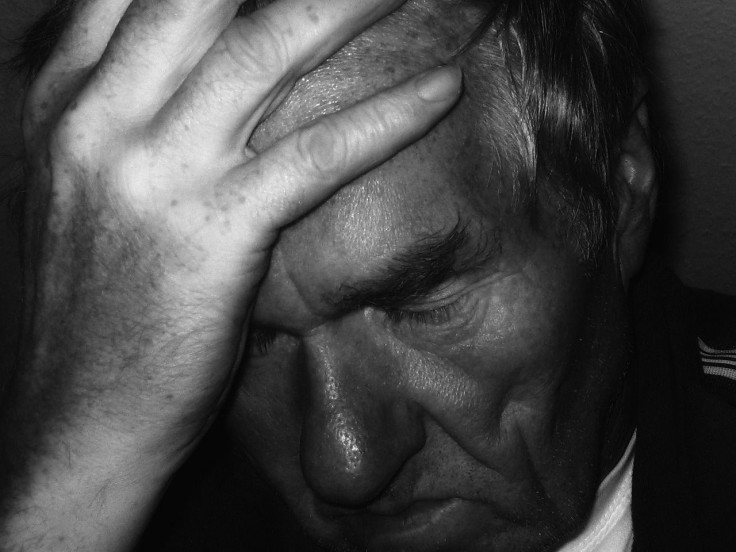4 Ways From Experts To Prevent The Loneliness Plaguing Americans

America is lonelier than ever, with the 2013 U.S. census suggesting that the number of Americans living alone is growing, while marriage and childbirth rates continue to fall. Loneliness can have adverse affects on both physical and mental health, and even increase risk of early death. A new study has highlighted 4 key ways to prevent loneliness from further spreading and help us all stay better connected.
A new study presented at the 125th Annual Convention of the American Psychological Association found that lack of human interaction is linked to increased mortality. For example, the report revealed that greater social connection is associated with a 50 percent reduced risk of early death, while loneliness had an equal or greater effect on early mortality when compared to other well-accepted health risks, such as obesity.
Read: Loneliness As Detrimental To Health As Physical Inactivity, Unhealthy Diet
"There is robust evidence that social isolation and loneliness significantly increase risk for premature mortality, and the magnitude of the risk exceeds that of many leading health indicators," said study researcher Julianne Holt-Lunstad in a statement. "With an increasing aging population, the effect on public health is only anticipated to increase.”
Thankfully, the study not only identified the problem of loneliness in America, but also outlined several realistic ways to tackle this problem.
1.Teach The Children
Holt-Lunstad suggests that the best way to tackle loneliness is to start young, and schools should spend greater emphasis on teaching children social skills. While schools and teachers often highlight the need to teach social skills to children on the autism spectrum, in reality, all children can benefit from learning basic social skills. According to We Are Teachers, these social skills include simple tasks such as learning basic greetings, how to follow instructions, and learning how to ask for help.
2. Doctors Should Play A Role
The study also suggests that doctors should take note of patients’ social connectedness during regular checkups. Loneliness has tangible effects on our physical health. For example, a 2016 study found that social isolation raised inflammation in the body in a similar way to lack of physical activity, while social interaction actually helped to protect against abdominal obesity. In addition, social isolation in older individuals had a worse effect on blood pressure than diabetes. These are only a few examples of the physical way that loneliness can affect our health, and further examples of why doctors should also play a role in identifying loneliness in patients before it gets too far along.
3. Preparation
Holt-Lunstad and her team believe that individuals should be encouraged to socially prepare for retirement just as they do financially. Though Americans are working longer hours than ever before, they are also less likely to have close social relations at work than they were in the past, Fast Company reported. However, social connections at work are important for happiness, and should not end with retirement. Encouragement to keep these ties even after one has left the work life may help to prevent long-term loneliness.
4. Community Leaders Should Play A Role
Lastly, Holt-Lunstad and her team suggests that making social connections should not be left up to the individual alone, and community leaders can play a role as well. Leaders can help to prevent those in their community from succumbing to extreme loneliness by ensuring that they include shared social spaces that encourage gatherings and interactions, whether this be at community recreation centers or at community gardens.
Source: "Loneliness: A Growing Public Health Threat," Plenary, Saturday, Aug. 5, 3-3:50 p.m. EDT, Room 151A, Street Level, Walter E. Washington Convention Center, 801 Mount Vernon Pl., N.W., Washington, D.C.
See Also:
Autism And Loneliness: How Negative First Impressions Increase Social Isolation For ASD People
Published by Medicaldaily.com



























